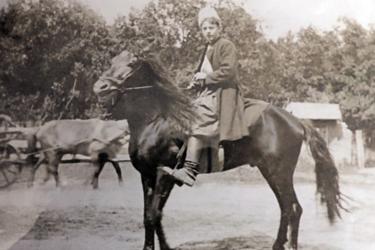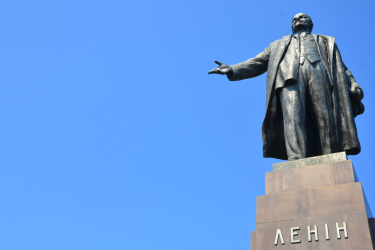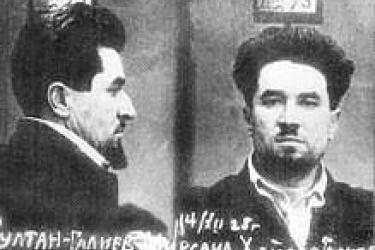national question

‘Azad’ Kashmir’s unheard rebellion: Voices from the people’s struggle
Haris Qadeer — Pakistan-Administered Jammu and Kashmir (PAJK) have experienced one of the most significant waves of mass mobilisation in recent years.

Ukraine between empire and revolution: Lev Yurkevych’s anti-colonial Marxism
Lev Yurkevych ‘Ukraine and the War’ is the earliest concise Marxist analysis of the Ukrainian question to be presented to international socialists.

Political self-determination for Kashmir
Sushovan Dhar — Among the most affected by the recent Indo-Pakistani armed conflict are the people of Kashmir, who find themselves ensnared in this geopolitical rivalry.

In defence of Lenin’s writings on the national question: A response to Hanna Perekhoda
Dmitry Pozhidaev — Lenin’s vision of the national question was far from assimilationist; it was a dialectical approach that recognised proletarian internationalism could only be built on respect for national and cultural differences.

From Ukraine to Palestine: The challenges of consistent internationalism
Blanca Missé — Many activists recognize movements face the same decadent global capitalism and its imperialist state system. However, international and regional politics shape these struggles, making it hard for them to unite against their common enemy.

Ireland and Ukraine’s struggle for independence 1916 –23
Ireland and Ukraine had similar challenges in the period 1916 – 1923. Conor Kostick and Vladyslav Starodubtsev answer questions about the period and compare the experiences of the left in that era.

Lenin on national rights: Lessons for interpreting the Ukraine war
Renfrey Clarke — Few questions of international politics have seen the Western left as sharply divided as the war in Ukraine. But there is no good reason why Marxists, with the writings of Vladimir Lenin at their disposal, should lack clarity on how to analyse the war.

Supporting Ukraine's right to self-determination: The historical example of ‘poor little Belgium’
Richard Fidler - Historical analogies can indeed be useful in assessing the issues posed in contemporary events, provided of course that careful attention is paid to the particular circumstances and to what degree the differing situations and protagonists are comparable.



